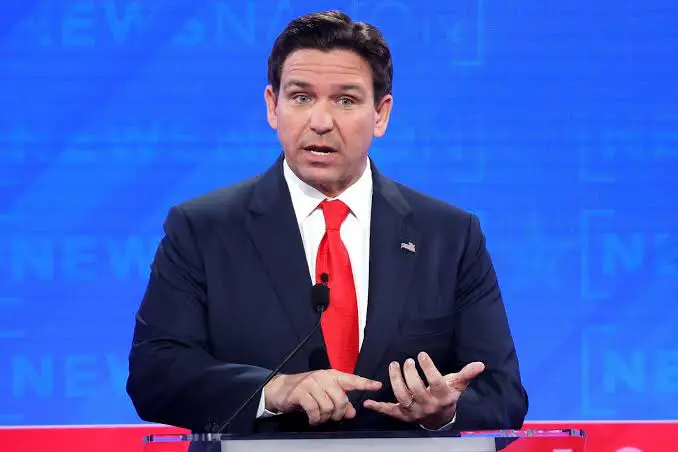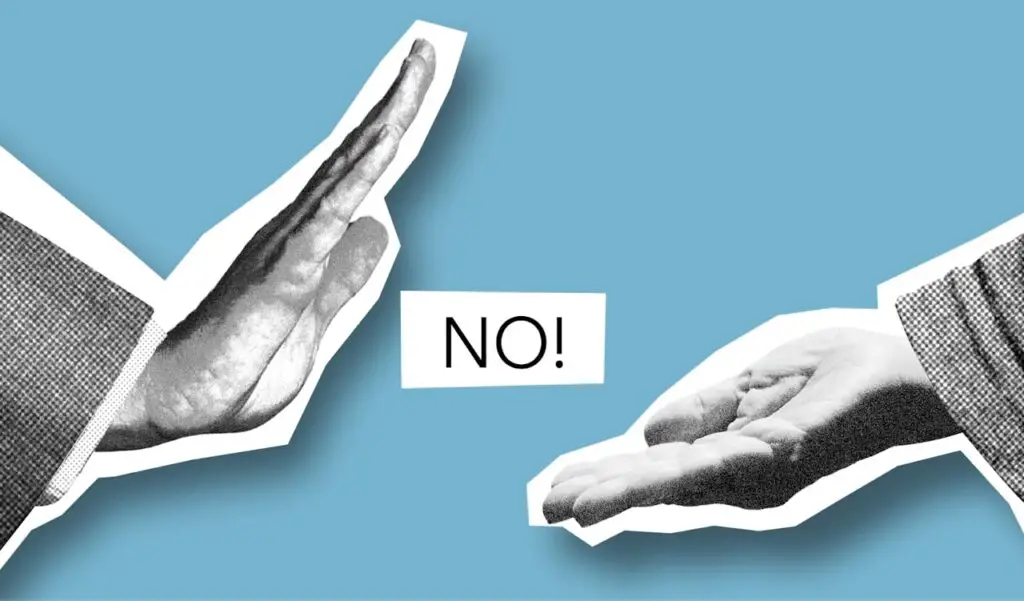Social media has several benefits, like keeping up with current affairs, communicating with friends and families, and discovering new opportunities. However, it also has its cons, as social media plays a significant role in teen depression and low self-esteem.

The Florida government understands this disadvantage and wishes to protect the children by banning them from social media. Many find the bill controversial as it aims to solve a problem with a drastic solution.
This article will dive deeper into the new Florida law and reveal the arguments in support, counter-arguments, and more. Read on!
About The Bill To Ban Teens From Social Media
Florida proposed a bill in 2023 to ban teens under 16 years old from accessing social media. According to Florida lawmakers, the ban aims to protect the mental health of children against the addictive features of social media platforms.
Lawmakers cited the presence of online predators and their covert tactics in recruiting impressionable teens for sexual abuse. They also hope to combat cyberbullying and teen suicide, as the adverse effects of social media often overwhelm the malleable teen mind.
What The Facts Say About These Concerns

Many question the validity of these fears and whether they warrant such drastic measures. Significant studies confirm that teens face some danger while scrolling through social media.
For example, a 2022 survey found that using social media predicates poor well-being and mental health in teens. However, the conclusion isn’t straightforward, as some teens experienced no adverse effects from social media.
Therefore, the researchers conclude that the effect experienced varies depending on what they do online and how long they spend. The teen’s maturity level, previous mental health conditions, cultural and economic factors, and more also play a role in their experience.
As for issues like cyberbullying and sexual predators, these are core issues with the internet that need addressing. For example, the Beau Biden Foundation reports that 1 in 5 children said that an online predator contacted them.
Support For The New Bill
Before bills go into law, they must go through the state’s Senate for scrutiny and discussion to weigh the pros and cons. The same applies to this bill to restrict teens from social media.
It reached Florida’s legislation, which passed on a vote of 108 – 7 merely hours after the Senate approved it 23 – 14. While passing through scrutiny, the Senate made changes to the original bill, which they hoped would address some concerns about privacy
The updated bill primarily targets social media platforms that track kids’ activities, allow them to upload media files, and contain features that promote excessive use. Therefore, popular teens on TikTok, Instagram, Facebook, and YouTube will lose their accounts once the law gets implemented.
Arguments Against The New Bill

The purpose of this strict social media ban comes from a place of protection for the younger generation. However, varying opinions are needed on the subject, and people have some arguments against the bill.
One of these people is Florida’s Republican Governor, Ron DeSantis. He expressed his concerns in a press conference, saying. “A parent has the right to opt in.” This argument is a standard reply against the new bill as people claim it robs parents of the ability to choose what’s best for their children.
At the same time, others argue that banning kids from social media would violate the First Amendment of the US Constitution. This area of the law prohibits Congress from making laws that would curtail freedom of speech.
Since social media is a prominent means of communication, banning a specific group for a factor beyond their control may be against the law. Therefore, Florida may either dismiss the bill or modify it in some way to adhere to the First Amendment.
A Similar Law Was Almost Passed In Arkansas
The concern for teens’ mental health is a global issue many try to tackle, and besides Florida, another state proposed a new law to manage teens on social media.
In 2023, Arkansas sought to manage teenage activities online by placing a new law requiring minors to ask permission from their parents first. However, multiple arguments were against this practice.
One of such people was U.S. District Judge Timothy L. Brooks, appointed to the bench by former president Barack Obama. Brooks argued that:
“Age-gating social media platforms for adults and minors does not appear to be an effective approach when, in reality, it is the content on particular platforms that is driving the state’s true concerns.”
With this argument, the judge temporarily blocked the initiative, allowing teens to use the internet without asking their parents for consent. NetChoice also made a statement after the verdict, making an argument similar to the one against Florida’s bill.
They said:
“We’re pleased the court sided with the First Amendment and stopped Arkansas’ unconstitutional law from censoring free speech online and undermining the privacy of Arkansans, their families, and their businesses as our case proceeds.”
Social media Sites Already Have A Minimum Age

It’s important to note that while Florida’s new bill plans to ban minors, most sites already have a minimum age to join the platform. Virtually all social media sites have a minimum age requirement of 13 and older before anyone can register.
However, Florida’s legislature explains that this minimum age is rarely enforced. Some platforms allow minors to browse the site without even creating an account, like YouTube and TikTok.
There’s also the fact that minors often lie about their age to access these sites. This issue is confirmed by statistics, which reveal that 31% of children aged 12 to 18 lied about their age for website access.
Conclusion – The Bill Hasn’t Become Law
For now, Florida hasn’t incorporated the bill into law; it now heads to the governor’s mansion for more deliberation before getting signed. People against the bill fear the Republican government may side with other Republicans and give his approval.
However, Governor Ron DeSantis has expressed scepticism about the law, saying parents should have the ultimate say. Nevertheless, if passed into law, all teens on social media, whether casual or influencers, will lose their accounts immediately.

[…] The bill also raises concerns regarding freedom of expression. TikTok’s spokesperson highlighted potential First Amendment violations, which is a common argument against the social media ban in Florida. […]